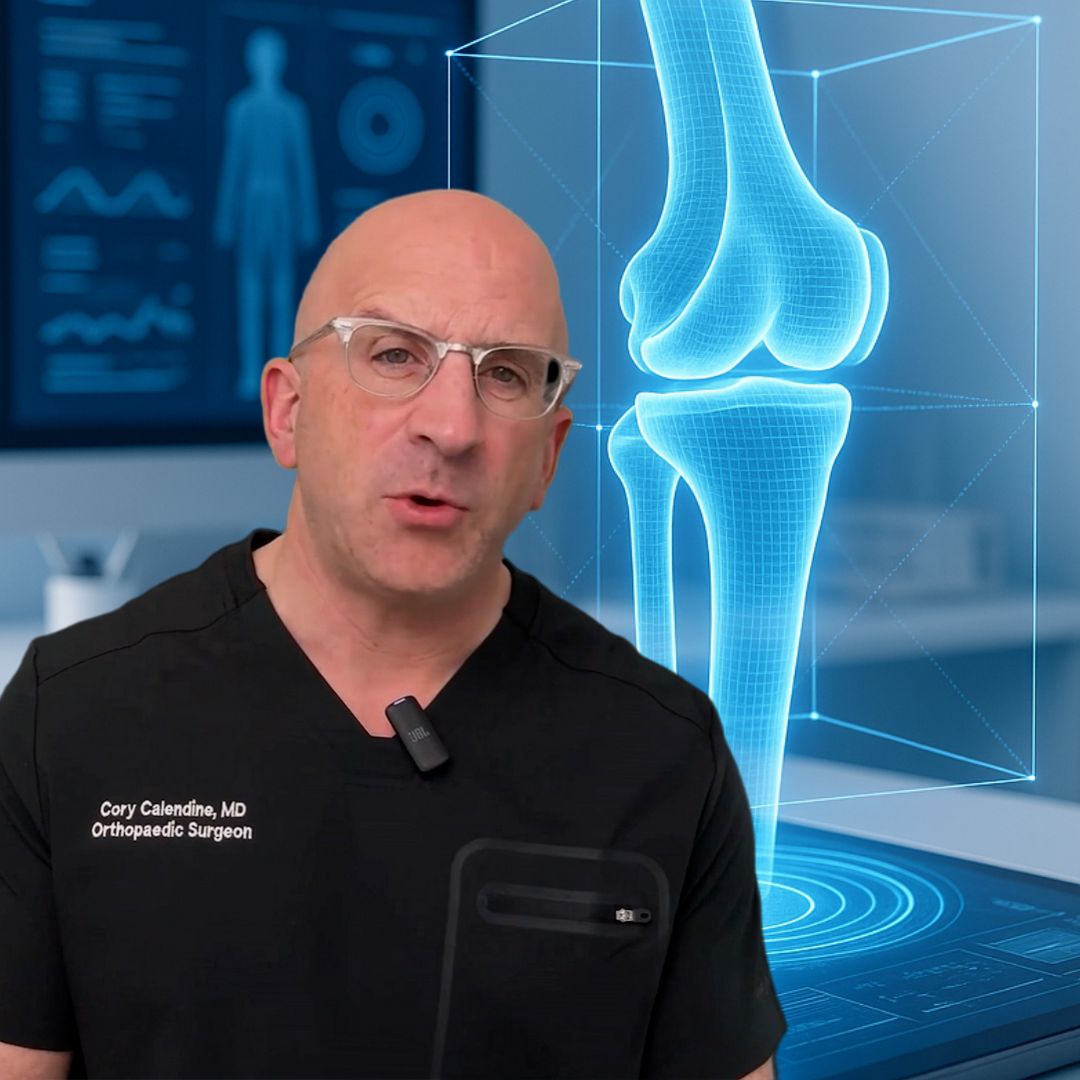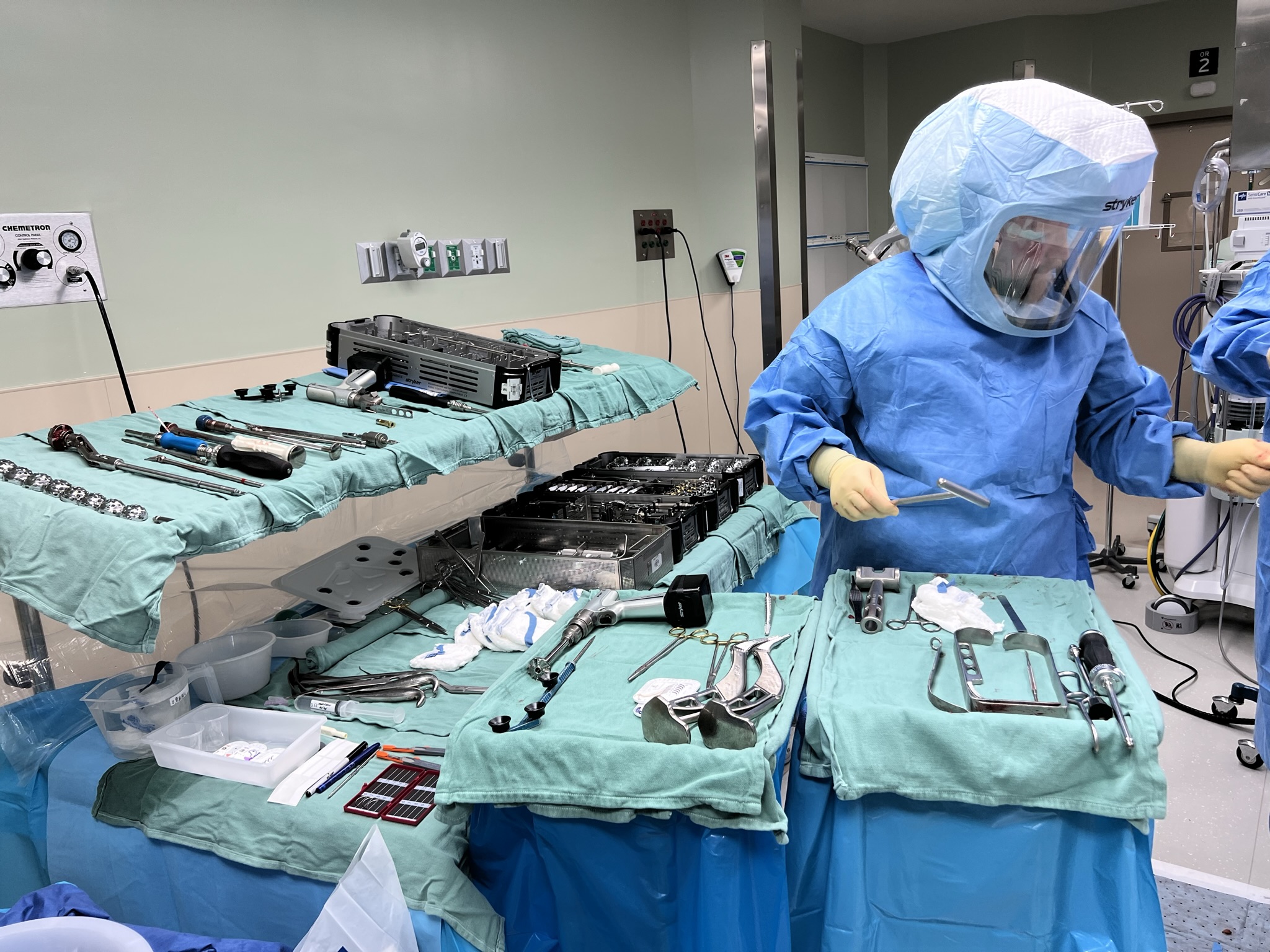HANA Table for Anterior Hip Replacement: How Advanced Technology Improves Your Surgery Outcomes
Summary: The HANA table is a specialized surgical positioning system designed specifically for anterior hip replacement procedures, enabling surgeons to perform minimally invasive surgery with enhanced precision, improved patient safety, and better outcomes. This advanced technology allows for optimal surgical access while reducing complications, minimizing opioid requirements, and facilitating faster recovery times compared to traditional hip replacement approaches.
Understanding the HANA Table: A Game-Changer for Hip Surgery
When you're facing hip replacement surgery, you want every advantage possible for the best outcome. Here's what I tell my patients: the HANA table represents one of the most significant advances in hip replacement technology we've seen in decades.
The HANA (Hip Arthroscopy and Arthroplasty) table is a specialized surgical platform designed exclusively for anterior approach hip replacement surgery. Unlike traditional operating tables, this innovative system allows your surgeon to position you optimally while maintaining complete access to your hip joint through the front of your body.
What Makes the HANA Table Different?
In my experience performing hundreds of hip replacements, I've seen firsthand how the right surgical equipment can transform patient outcomes. The HANA table isn't just another piece of hospital equipment – it's a precision instrument that enhances every aspect of your surgery.
The table features a carbon fiber construction that's completely radiolucent, meaning X-rays pass through it easily. This allows me to take real-time images during surgery without repositioning you, ensuring perfect implant placement every time.
Why the Anterior Approach with HANA Table Matters for You
The Science Behind Better Outcomes
Recent clinical studies have shown remarkable results when using the HANA table for anterior hip replacement. In one groundbreaking study, 97% of patients required little to no opioid pain medication after surgery – a dramatic improvement over traditional approaches.
Here's what this means for your recovery:
- Faster healing: The anterior approach preserves your muscle tissue
- Less pain: Minimal muscle cutting means reduced post-operative discomfort
- Quicker return to activities: Most patients walk the same day as surgery
- Lower complication rates: Studies show significantly fewer dislocations and infections
Precision That Makes a Difference
What I've seen in my practice matches the research perfectly. The HANA table allows me to:
- Achieve perfect leg length restoration: Studies show 2.4mm average leg length discrepancy versus 3.7mm with traditional methods
- Optimize implant positioning: Real-time fluoroscopy ensures components are placed exactly where they need to be
- Minimize surgical trauma: The specialized positioning reduces tissue damage
- Enhance surgical visualization: Unobstructed access means safer, more precise surgery
Key Benefits of HANA Table Hip Replacement
Enhanced Safety Features
Your safety is my top priority, and the HANA table delivers multiple safety advantages:
Pressure Equalization Technology: The table features Tempur-Pedic pressure pads that distribute your weight evenly, preventing pressure sores and ensuring comfort throughout the procedure.
Lift-Assisted Positioning: Advanced mechanical systems reduce the physical strain on surgical staff, allowing for more precise positioning and safer handling.
Real-Time Monitoring: The radiolucent design enables continuous X-ray monitoring without moving you, reducing risks associated with repositioning during surgery.
Superior Surgical Access
The HANA table's unique design provides several surgical advantages:
- 360-degree C-arm access: Unobstructed fluoroscopic imaging from any angle
- Independent leg positioning: Each leg can be positioned and moved independently
- Fine and gross traction adjustments: Precise control over joint distraction for optimal exposure
- Femur hook with power lift: Enhanced femoral exposure when needed
Improved Patient Outcomes
Clinical research consistently demonstrates better results with HANA table surgery:
Reduced Hospital Stay: Patients typically go home the same day or after one night, compared to 2-3 days with traditional approaches.
Lower Blood Loss: Studies show an average of 520ml blood loss with HANA table versus 746ml with traditional methods.
Decreased Opioid Requirements: The average patient uses only 3.5 opioid pills total – the lowest reported usage for hip replacement surgery.
Better Function: Over 95% of patients don't require formal physical therapy after surgery.
What to Expect During Your HANA Table Hip Surgery
Pre-Surgery Preparation
Before your procedure, we'll use advanced imaging and templating software to plan every aspect of your surgery. This pre-operative planning ensures we select the perfect implant size and position for your unique anatomy.
You'll be positioned supine (on your back) on the HANA table, which is much more comfortable than the side-lying position used in traditional approaches. The specialized padding and support systems keep you comfortable throughout the procedure.
During the Procedure
Here's what happens during your surgery:
Positioning: You're carefully positioned on the HANA table with specialized supports and paddingPreparation: The surgical site is prepared while maintaining optimal positioningAccess: I make a small incision at the front of your hip, working between muscles rather than cutting through themReal-time guidance: Continuous X-ray imaging ensures perfect component placementVerification: Final positioning is confirmed before closing
Immediate Post-Surgery Benefits
What I consistently see with HANA table patients:
- Same-day walking: Most patients are up and walking within hours
- Minimal pain: The muscle-sparing approach significantly reduces discomfort
- Quick recovery: Many patients return to normal activities within weeks
- High satisfaction: Patient satisfaction scores consistently exceed 95%
Ideal Candidates for HANA Table Hip Replacement
Who Benefits Most?
While the HANA table can benefit most hip replacement patients, certain individuals see particularly excellent results:
Active individuals: Those who want to return to sports and recreational activitiesYounger patients: People who need their hip replacement to last for decadesThose concerned about recovery time: Patients who can't afford extended downtimePrevious hip surgery patients: Revision cases often benefit from enhanced visualization
Medical Considerations
The anterior approach with HANA table is appropriate for most patients, but I carefully evaluate each case. Factors we consider include:
- Your hip anatomy and bone quality
- Previous surgeries or injuries
- Your activity level and goals
- Overall health status
Choosing the Right Surgeon and Facility
Experience Matters
Not all surgeons are trained in anterior approach hip replacement or HANA table use. When choosing your surgeon, ask about:
- Training and certification: Specific fellowship training in anterior approaches
- Volume: How many HANA table procedures they perform annually
- Outcomes data: Complication rates and patient satisfaction scores
- Technology: Access to the latest HANA table models and features
Questions to Ask Your Surgeon
Here's what I recommend asking during your consultation:
- How many anterior approach hip replacements do you perform each year?
- What are your complication rates compared to national averages?
- Can you show me before and after X-rays of similar cases?
- What should I expect for recovery timeline and restrictions?
- How do you handle complications if they arise?
Recovery and Long-Term Expectations
Timeline for Recovery
Day of Surgery: Walking with assistance, pain well-controlled1-2 days: Home with minimal restrictions1-2 weeks: Return to light activities and driving6-8 weeks: Most activities resumed3 months: Full recovery for most patients
Maximizing Your Results
To get the best outcome from your HANA table hip replacement:
Follow post-operative instructions: Adhering to guidelines prevents complicationsStay active: Early movement promotes healing and prevents stiffnessAttend follow-up appointments: Regular monitoring ensures proper healingMaintain overall health: Good nutrition and fitness support recovery
Long-Term Benefits
Patients who've had HANA table hip replacement consistently report:
- Excellent function: Return to all desired activities
- Durability: Modern implants last 20+ years in most patients
- Quality of life: Significant improvement in daily function and comfort
- Satisfaction: High satisfaction rates that persist long-term
Making Your Decision: Is HANA Table Right for You?
Weighing the Evidence
The research is clear: HANA table anterior approach hip replacement offers significant advantages over traditional methods. Studies consistently show:
- Lower complication rates
- Reduced pain and opioid requirements
- Faster recovery times
- Better long-term function
- Higher patient satisfaction
Taking the Next Step
If you're considering hip replacement, I encourage you to explore the HANA table option. The combination of advanced technology, proven surgical techniques, and experienced surgeons can make a dramatic difference in your outcome.
The most important decision you'll make is choosing the right surgeon and facility. Look for providers who have extensive experience with anterior approach surgery and access to the latest HANA table technology.
Conclusion: Advanced Technology for Better Outcomes
Hip replacement surgery has evolved dramatically, and the HANA table represents the pinnacle of surgical innovation. This advanced positioning system enables surgeons to perform minimally invasive anterior approach surgery with unprecedented precision and safety.
The evidence is overwhelming: patients who have HANA table hip replacement experience less pain, recover faster, and achieve better long-term outcomes compared to traditional approaches. With proper surgical technique and post-operative care, this technology can help you return to an active, pain-free lifestyle.
If you're suffering from hip pain that limits your daily activities, don't wait. Modern hip replacement using the HANA table can restore your mobility and quality of life. Schedule a consultation with an experienced anterior approach surgeon to discuss whether this advanced surgical option is right for you.
Your hip pain doesn't have to define your future. With HANA table technology and expert surgical care, you can look forward to years of improved function and comfort.
This information is provided for educational purposes and should not replace professional medical advice. Always consult with a qualified orthopedic surgeon to discuss your specific condition and treatment options.








